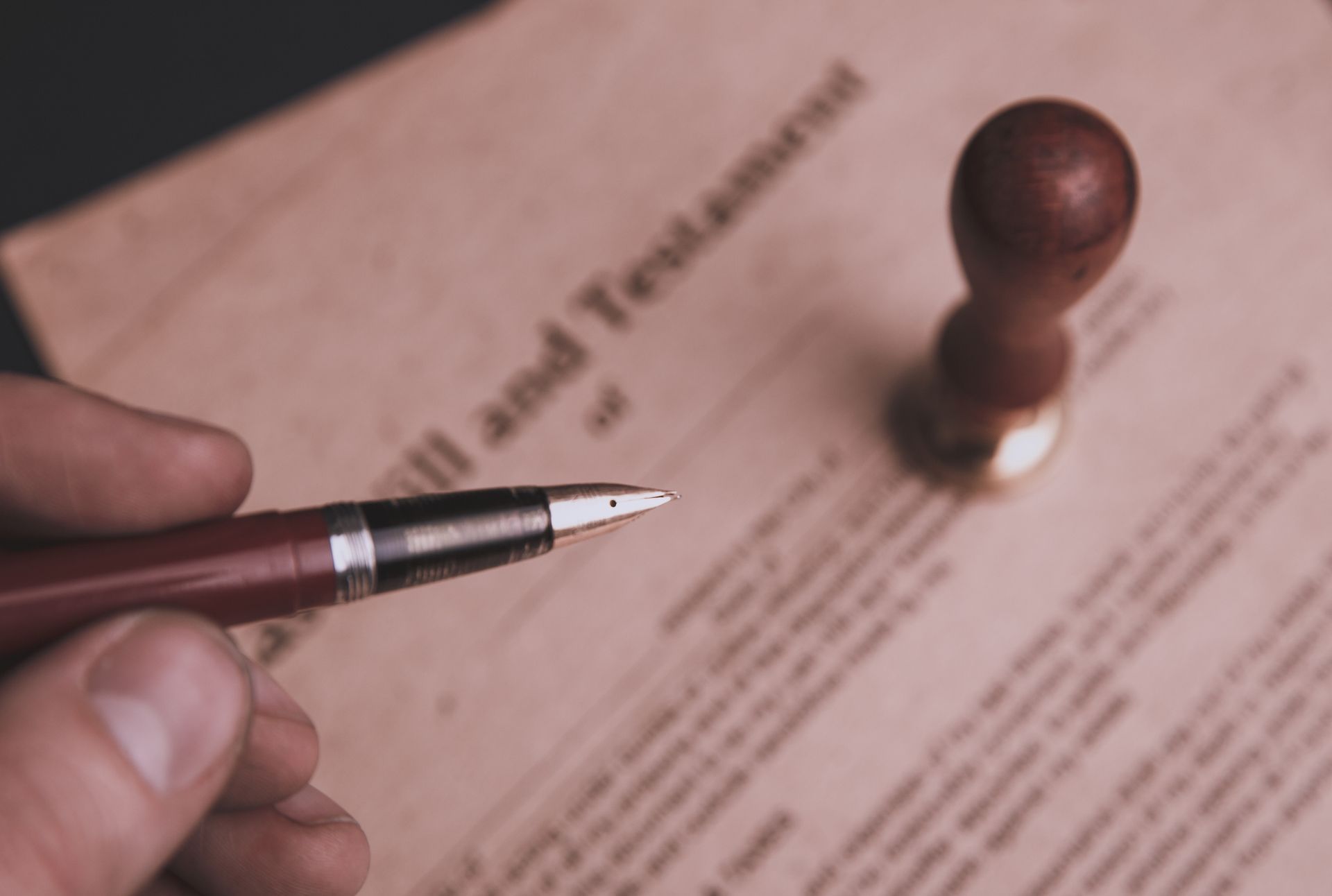Why You Should Never Rely on an iPhone for Your Will: Lessons from the Peek v Wheatley Case
In recent years, the rise of technology has made it easier than ever to create, store, and even amend important documents like wills. Many people assume they can simply jot down their wishes on their phone or leave a note in a digital app, believing this to be sufficient for estate planning. However, legal cases such as Peek v Wheatley [2025] NSWSC 554 highlight the dangers of informal, unprofessional will-making—especially when using a device like an iPhone.
The Case at a Glance
In Peek v Wheatley, the court examined whether a note found on the late Colin Peek’s iPhone could be considered a valid informal will under the NSW Succession Act 2006. The note, titled ‘Last Will of Colin L. Peek,’ was discovered after his death, and it appeared to specify how his estate should be distributed—primarily passing significant assets to a friend and executor, Mr Wheatley.
However, the court faced the challenge of determining whether this digital note truly represented Colin’s testamentary intention—that is, whether it was his clear, deliberate wish to dispose of his estate as stated, with the intention for it to have immediate legal effect.
When Will a Document Be Accepted as an Informal Will?
In most Australian States, a document that does not meet the formal requirements of a will (such as being signed and witnessed) can sometimes still be accepted as a valid "informal will" if certain criteria are met. The key questions are:
- Did the deceased intend the document to operate as a will?
- Was the document clearly intended to dispose of the estate?
- Did the document demonstrate a genuine testamentary intention?
In Peek v Wheatley, the court examined whether the note on the iPhone was created with the intention for it to serve as the deceased’s final testament. The court recognized that while the note contained the deceased’s wishes, it was unclear whether the document was intended to take effect, without more (that is without the will making doing anything else). It was possibly a “working document” or a ‘dry run’ that might be amended later by the will maker or simply a document that he intended to pass on to his solicitor to prepare a will based upon it.
The Pitfalls of Informal, Digital Wills
This case underscores why relying on informal methods—such as notes on a smartphone—is perilous:
- Lack of Formalities:
A valid will typically requires signatures, witnesses, and clear language. Digital notes often lack these formalities, making their validity uncertain. - Ambiguity of Intent:
A casual note or message may not conclusively demonstrate the testator’s intention for the document to be their final will, especially if created in a moment of emotion or without legal advice. - Potential for Disputes:
Informal documents are more easily challenged, leading to costly and time-consuming court disputes, as seen in this case. - Risk of Misinterpretation:
Digital notes can be vague or incomplete, and their meaning can be misinterpreted, especially if they are not drafted with legal precision.
Why You Should Have a Lawyer Prepare a Formal Will
The Peek v Wheatley case exemplifies the importance of engaging a qualified lawyer to draft your will. A lawyer ensures that your testamentary wishes are clearly articulated, legally valid, and less susceptible to challenges. They will:
- Use precise language to avoid ambiguity
- Follow all legal formalities (signatures, witnesses)
- Provide advice on estate planning tailored to your circumstances
- Minimize the risk of intestacy or disputes after death
Final Thoughts
While it might seem convenient to jot down a quick note on your iPhone or leave a casual message, this approach is fraught with legal uncertainty. The law prefers formal, properly executed documents to ensure your wishes are respected and to minimize disputes among your loved ones.
If you want your estate to be distributed according to your wishes, consult a qualified estate planning lawyer. They will craft a robust, legally sound will that stands up in court and provides peace of mind for you and your family.
Disclaimer: This article is for informational purposes only and does not constitute legal advice. For personalised estate planning assistance, please contact a qualified lawyer.
Would you like me to help you draft a tailored legal will or provide further information?


